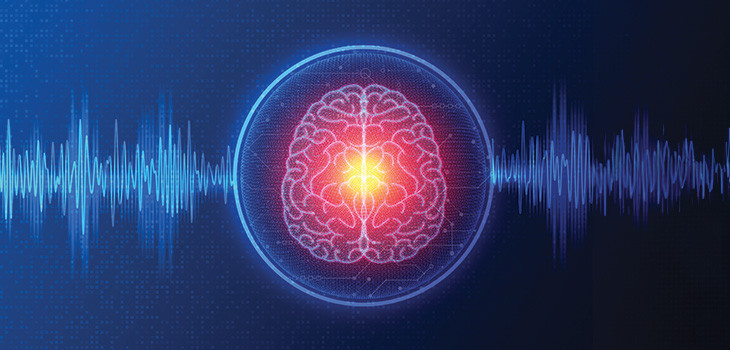
- Focuses on ‘neurorights’ from a legal perspective, including how they might apply to different areas of practice, and how other jurisdictions are seeking to protect them.
I want you to consider the list below. Each item is a potential application of monitoring, harvesting and analysing brain wave data from electroencephalograms (EEGs). But which of these neurotech capabilities do you think are: (a) possible in the near future; (b) possible in the long term; or (c) impossible?
In ascending order of radicality and/or dystopian-ness (if that is a word) here is the list:
(1) predicting who will suffer from degenerative diseases;
(2) monitoring levels of fatigue;
(3) checking that someone is listening to you/concentrating;
(4) direct brain-to-brain communication;
(5) ascertaining a subject’s political leanings, religious beliefs or amorous feelings;
(6) implanting dreams about products;
(7) scanning a suspect’s memory to









